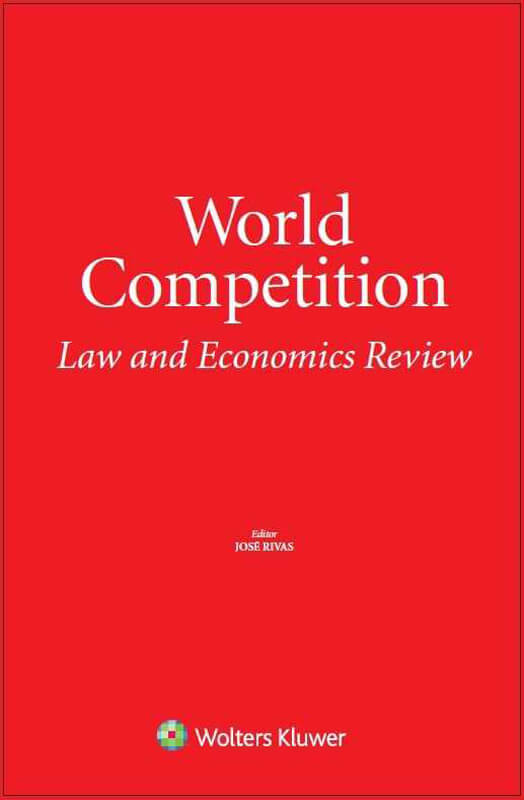Home > All journals > World Competition > 32(2) >

$25.00 - Rental (PDF) *
$49.00 - Article (PDF) *
Alessandro Di Giò
World Competition
Volume 32, Issue 2 (2009) pp. 199 – 220
https://doi.org/10.54648/woco2009020
Abstract
In the context of private enforcement of competition law, most attention and efforts have been traditionally drawn to the area of tort law. Claims for tortious damages have recently been regarded as a crucial instrument for strengthening private enforcement also in EC antitrust law. This article aims to highlight that a significant role may also be played by contractual and restitutionary remedies.
The article analyzes the following areas where such remedies might become relevant to the private enforcement of EC competition law:
(1) disputes between co-contractors to an agreement prohibited by Article 81 in respect of the sanction of voidness and the related restitutionary claims;
(2) anticompetitive agreements and the validity of subsequent contracts;
(3) abuse of dominant position, abuse of economic dependence, and their relationship with contractual remedies against ‘unfair’ contracts.
Arguably, the effectiveness of the Commission’s action, and most probably, the legal consistency and certainty of a future legal framework of European antitrust private litigation would be improved if contractual and restitutionary claims were dealt with in addition to tortious claims. Furthermore, a reflection on the above-referred issues may provide mutual sources of inspiration for the development of private enforcement of antitrust and for the debate on European harmonized contract law.
Extract
